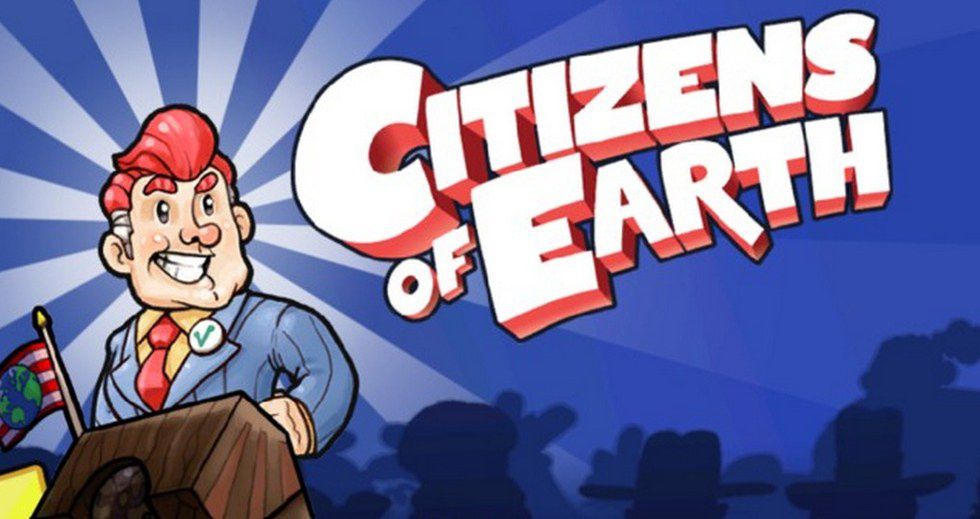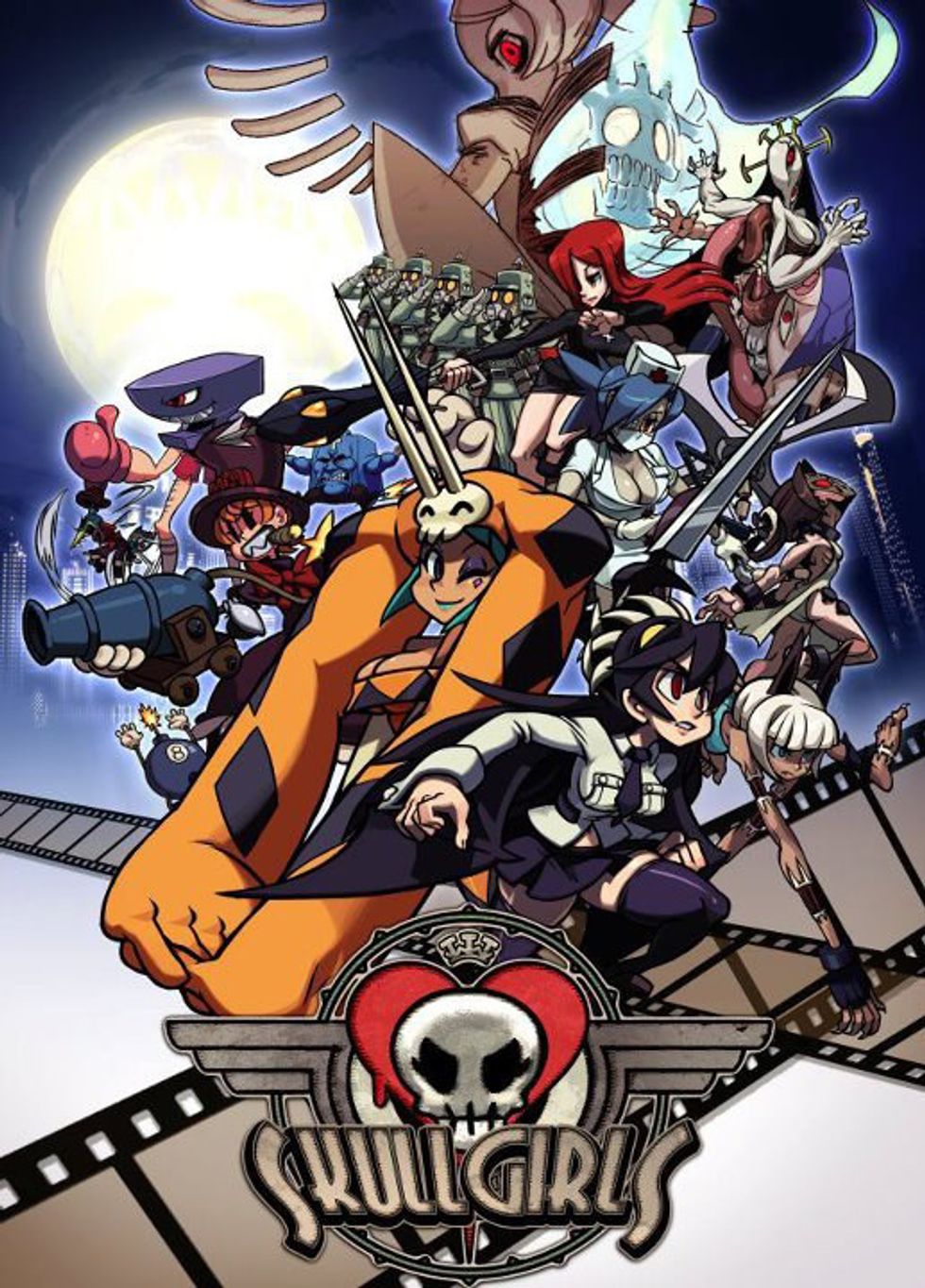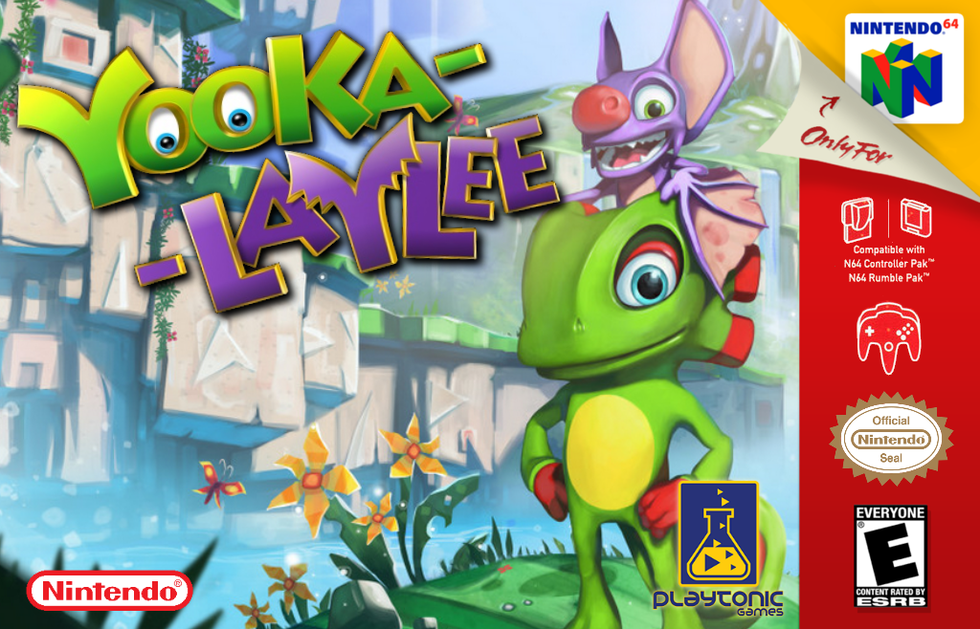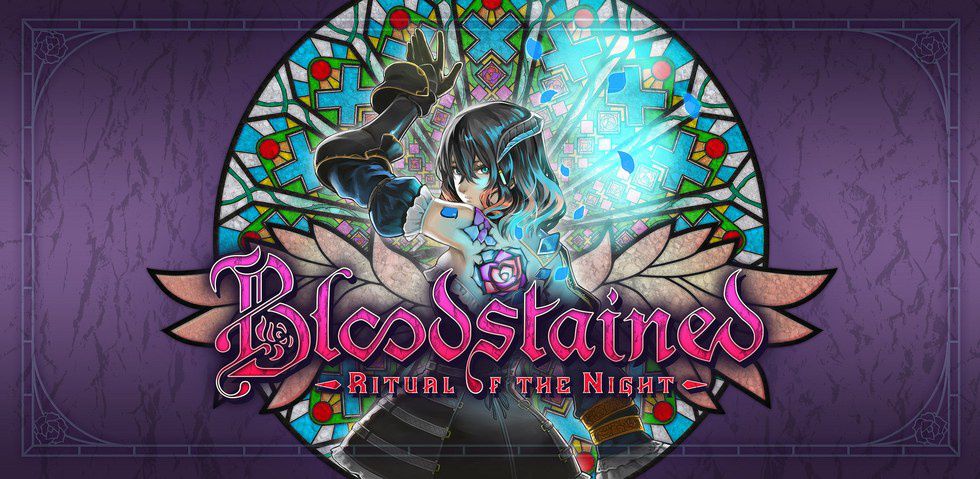Over the summer, I was rather sour on all of the major game releases and announcements from E3 2015. Batman: Arkham Knight had a rocky launch. Mortal Kombat X has littered itself in downloadable content. Microsoft pulled the greedy corporate brat move and released Rare Replay in light of the events that occurred over Yooka-Laylee.
Those scandalous, cash-grabbing, pig heads...
After some time had passed following the announcements of “remastered” versions of games that are only a couple years old, I sat down and thought a lot about what has been good in the field of video games. My knight in shining armor, Old Man Nintendo, came to my rescue and said, “Fear not! I support you, youngin, and the games you loved in your childhood!”
Nintendo has shown a tremendous amount of support among indie game developers this year. Over the summer, I scrolled through their digital store, dubbed the Nintendo eShop, and downloaded some indie titles I had never heard of. These were the kind of games I really needed to restore my faith in the gaming industry.
The indie phenomenon known as Shovel Knight provided a fresh take on classic adventure platform games from the NES and Super Nintendo era, like Mega Man. Citizens of Earth was a very lengthy RPG that gave off a similar atmosphere as Earthbound. And when I was tired from the action, I did some therapeutic gaming and played a calm cooking game called Order Up!
Of course, Nintendo hasn’t been the only distributor to good indie games in recent years. The online PC gaming service, Steam, has never been one to shy away from any game. Many of these titles have grown large fanbases and are still just as successful as ever.
Skullgirls may boast excellent fighting mechanics, but what brings the game home is the beautiful hand-drawn animations! Retro City Rampage brings games like Grand Theft Auto to an eight-bit art style and cracks hilarious jokes toward games of the 80s. The horror series Five Nights at Freddy’s has become a cultural icon with its disturbing animatronics and vague, dark story.
Earlier this summer, former employees of Rareware announced that they were making a brand new game called Yooka-Laylee. The game will serve as a spiritual successor to a masterpiece the team fabricated back in the late 90s; a little platform adventure game called Banjo-Kazooie. The Kickstarter was a monumental success and the small six-person team formed PlayTonic Games and the Yooka-Laylee project made over 12 times over its initial goal! On top of that, Team 17, the studio behind the WORMS franchise, made a deal with PlayTonic to distribute all ports of the game.
Around the same time as PlayTonic’s launch, Castlevania creator Koji Igarashi had abandoned now-infamous gaming publisher Konami in spite of the company’s direction and how they treat their games today. Igarashi was inspired by the Kickstarter success of Mighty No. 9 and launched his own Kickstarter to make a game similar to his Castlevania baby. Bloodstained: Ritual of the Night required a goal of $500,000 and soared past that limit within the day. The project was funded by backers with an approximate $5.5 million. On top of that, Igarashi struck a deal with Yacht Club Games to include their very own Shovel Knight as a playable character in Bloodstained.
Taking in all these events, I believe the gaming industry may finally make a complete 180 on its habits. For far too long, the industry has been chained by mindless Triple A titles like Call of Duty and Assassin’s Creed. Creators of legendary series are finally leaving hot shot companies like Konami and Microsoft to make a comeback and show the world what a game is.
Certainly, companies like Microsoft and Konami could take some lessons on what makes a good game. Not every protagonist needs to be a white male wearing a hoodie or sporting some punk apparel.
What indie companies like Yacht Club, PlayTonic, and Igarashi are trying to show is that games can be creative AND fun. There doesn’t need to be a trend in order for a game to be considered good. A good game doesn’t always have to be a first-person shooter or a stealth adventure with moral choices.
Frankly, they’re making the right moves for the industry. For every twenty military war games I see, there is one unique platform/fighting/RPG game that stands out. On top of that, the industry needs new faces to break the endless sea of sequels and rereleases. If small, hard-working studios keep getting support from big wigs like Nintendo, Steam, and other publishers, we may finally see a resurgence in creativity and originality. The 2010s will become the Decade of Indie Games!





























